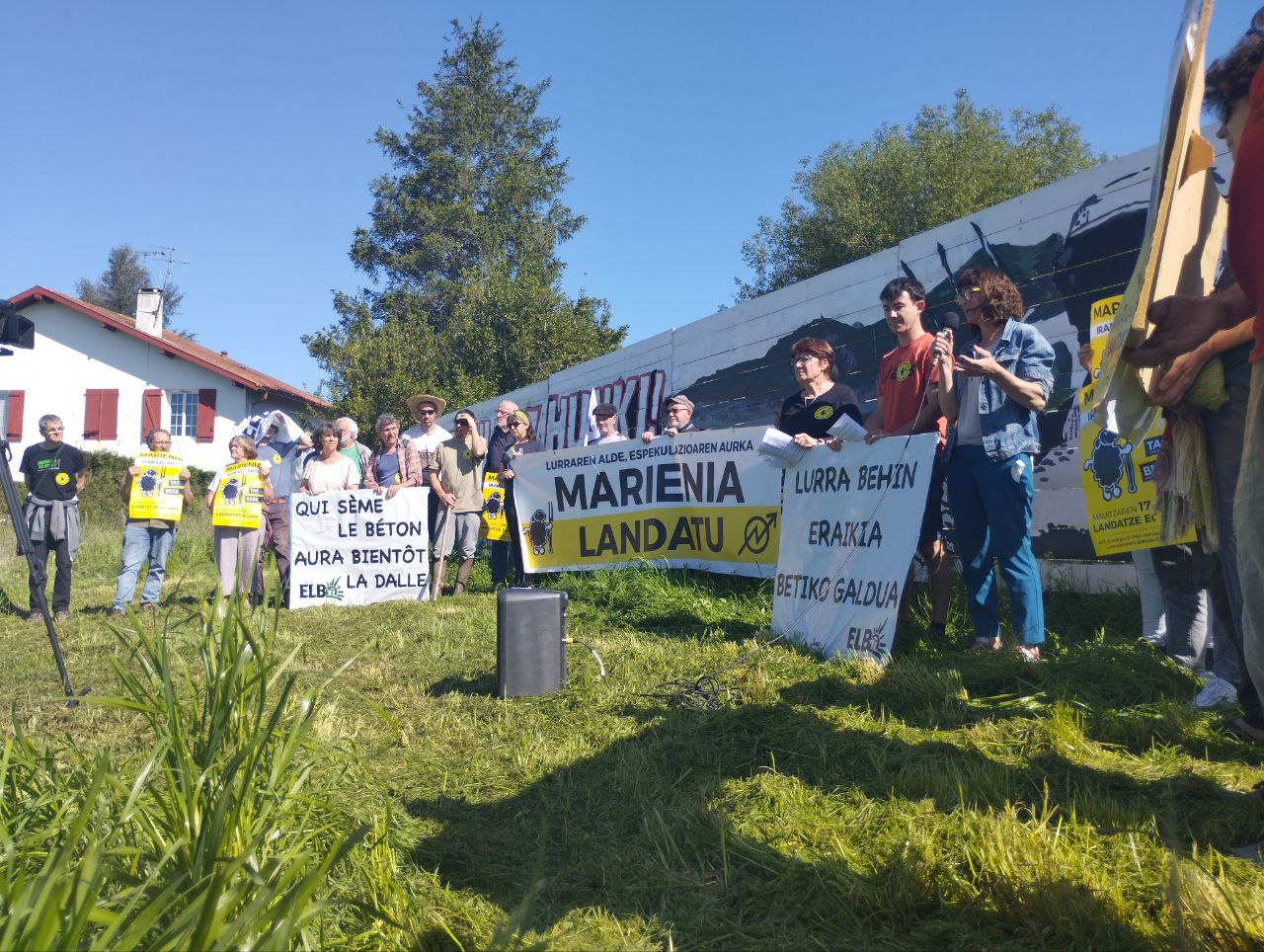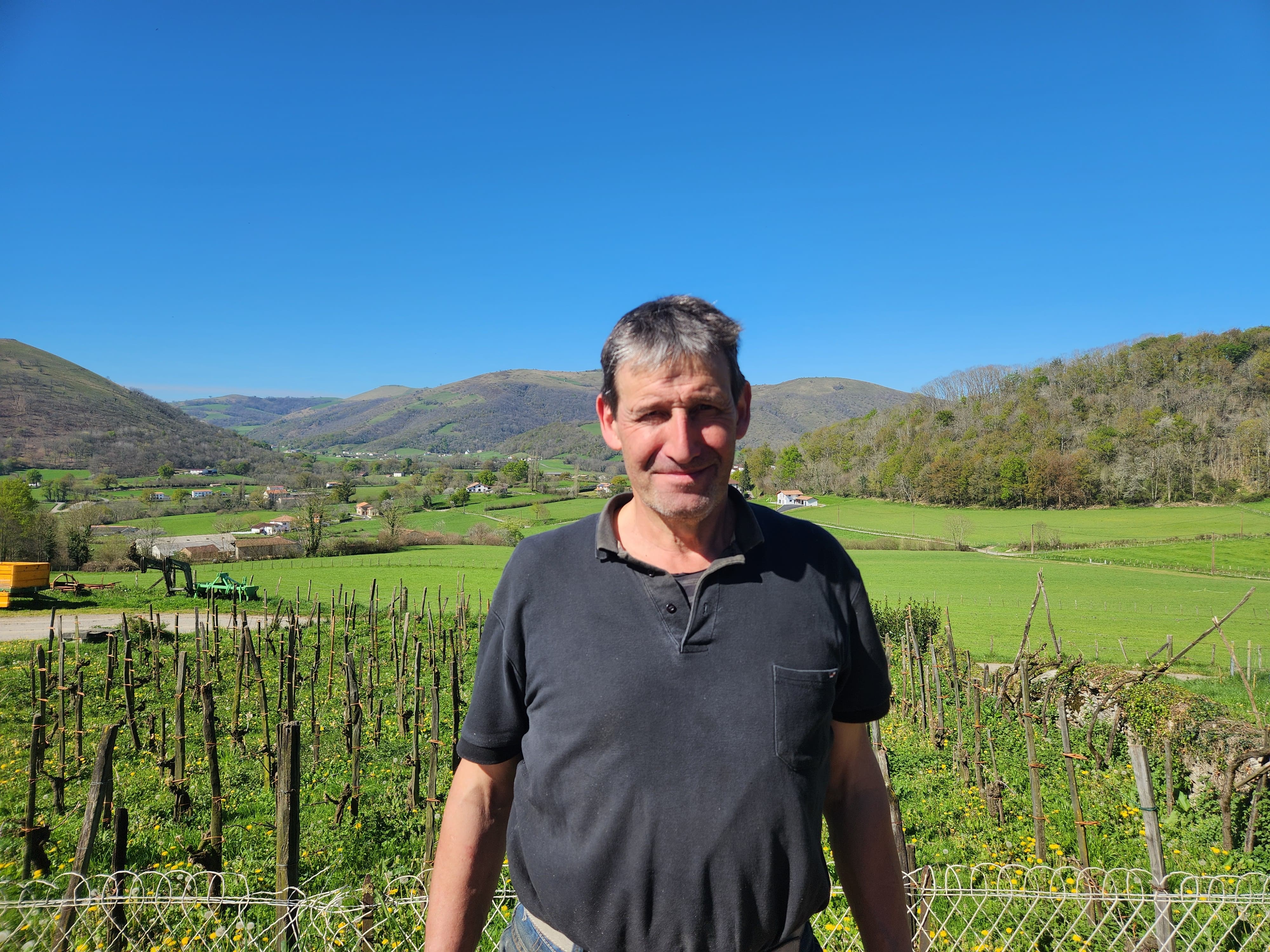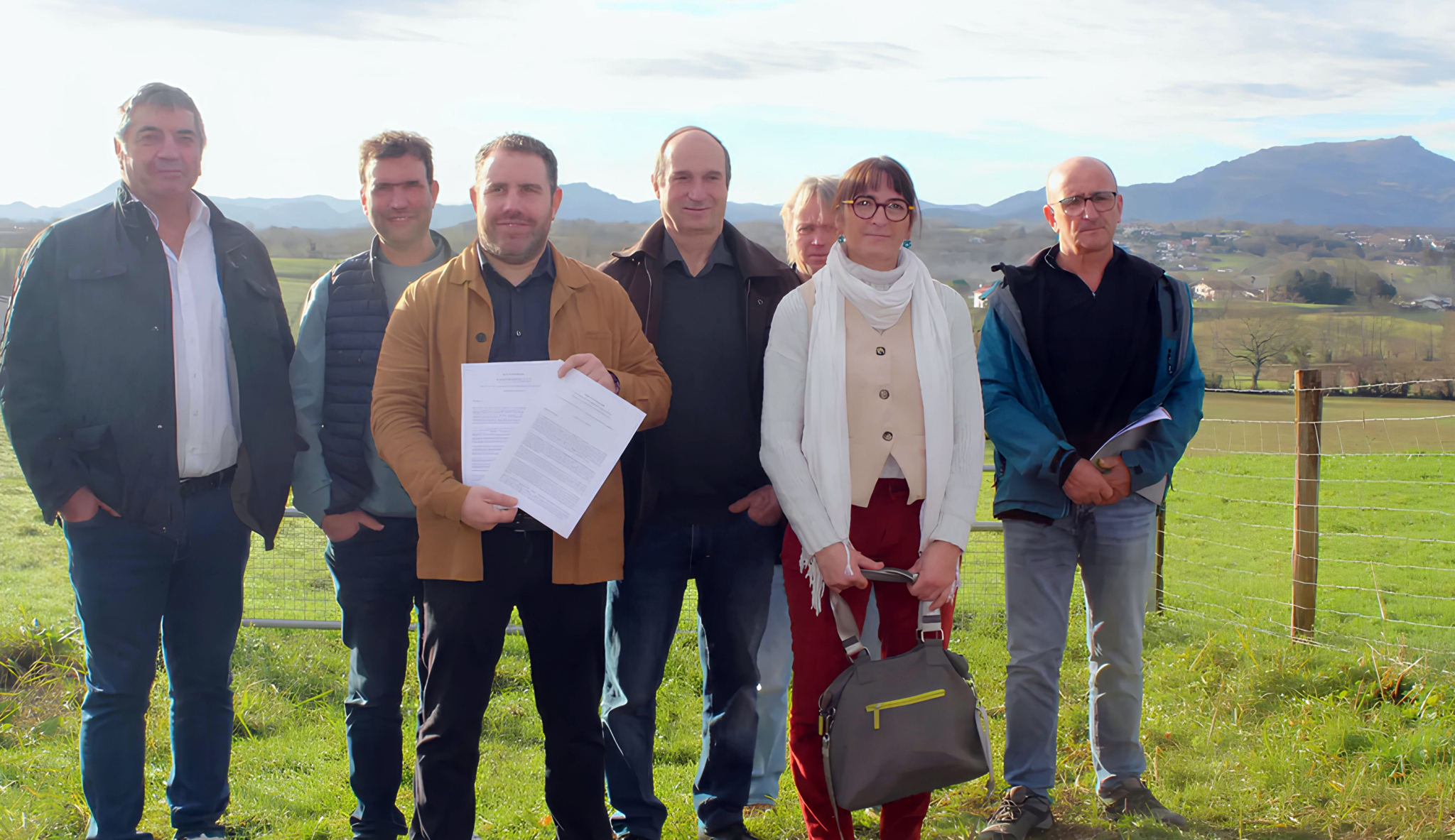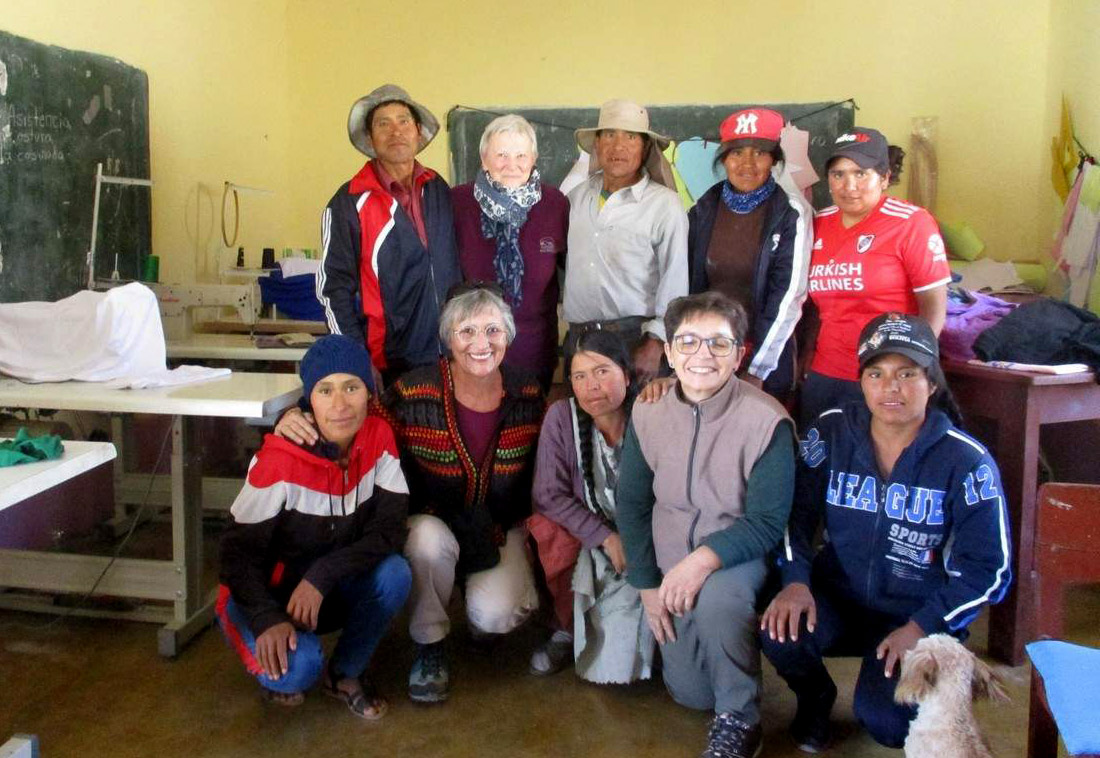Paying 600 Deaths, Indian Farmers Win Big Neoliberalism Strike 2021
- From November to November, millions of farmers in India have been on strike and mobilized for a year, calling for the government of Narendra Modi to withdraw three laws for the liberalization of crop prices and the market as a whole. The most forceful working-class struggle the world has seen in 2021 has achieved the goal after the regression of the authorities in decision-making, at the head of many struggles and sufferings.
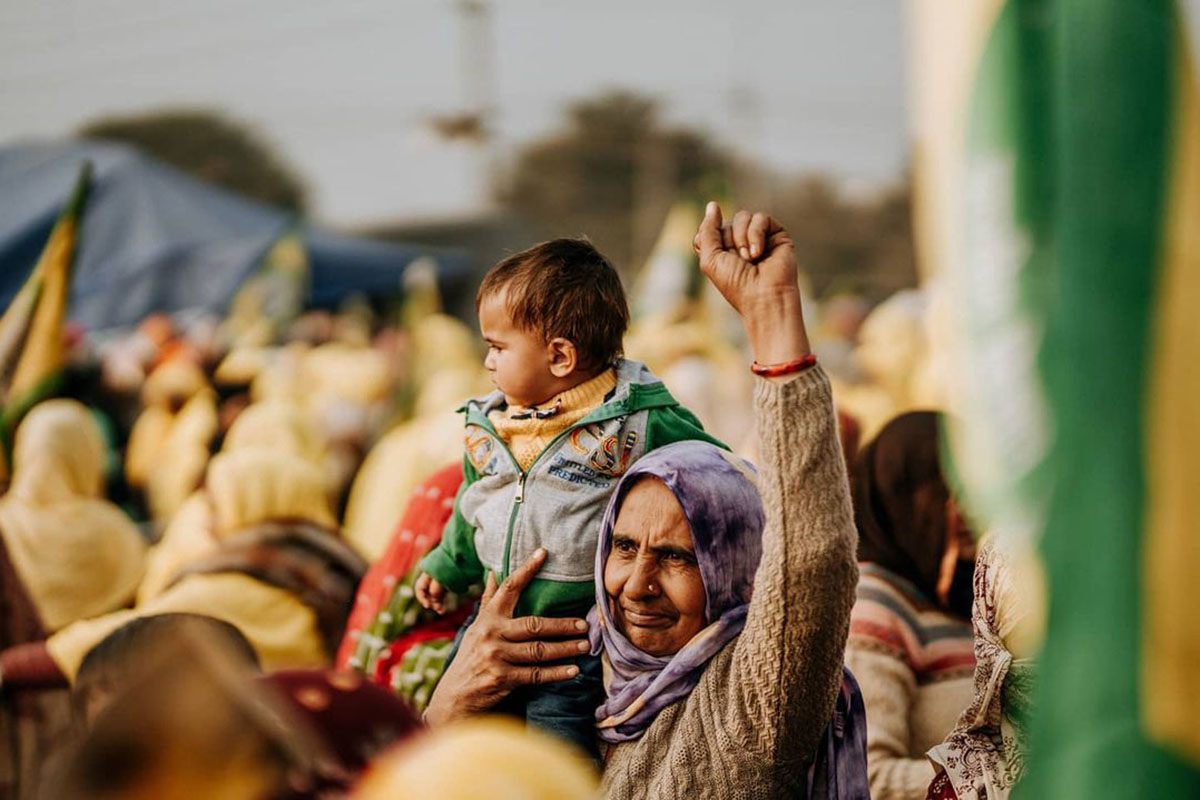
On 19 November, the Indian Prime Minister, Narendra Modi, said aloud to the peasants and all the citizens: “Today I have come to tell you, the whole country, that we have decided to abolish the three agricultural laws. At the parliamentary session that will begin this month, we will complete the constitutional process of repealing these three agricultural laws.” And then he asked the peasants who have been protesting for a year. “Now, come back to your houses.”
?? ??? ??? ????? ??? ? ? ?????? ??? ??? ?? ???? ????? ???? ??????? ?? ???? ???? ?? ?????? ???? ??? ?? ????? ?? ??? ??? ???? ???? ?? ??? ???? ???? ?? ? ??? ????? ???? ??????? ?? Repeat ?? ????????? ????????? ?? ???? ??
— PMO India (@PMOIndia) November 19, 2021
????? : PM @narendramodi
In February, Jenofa Berhokoirigoin advanced what would be one of the most important events in the world in 2021: “On 26 November, we learned of the demands of Indian farmers, thanks to the historic strike of 250 million farmers and workers: They do not want a liberalisation of the crop voted by the Indian Parliament. On that day, about 250,000 farmers started the camp in the New Delhi area, blocking the eight entrances to the capital. On 26 January they took a step further and entered the heart of the capital, with Parliament’s goal by 1 February.”
The protest has given way to Modi a week before the end of the year, the day when the Sichism – the religions of the Sikh people – celebrates the birth of the founder Guru Nanak. Few coincidences in the political agendas: the strike has mobilized mainly the countries of northern India, the countries of Haryana, Uttar Pradesh and Punjabe, and in the latter, 60% of the population is a Sikh believer. In order to discredit the mobilization, Sikhez Modi, the majority peasant of the strikers, said that they are the “anti-nationalists” and the “Khalistaneses”, independentists who want to build the sovereign Khalistan of Punjab. “Better not to stop with them forever,” thought the old dog Modi, who always comes the election.
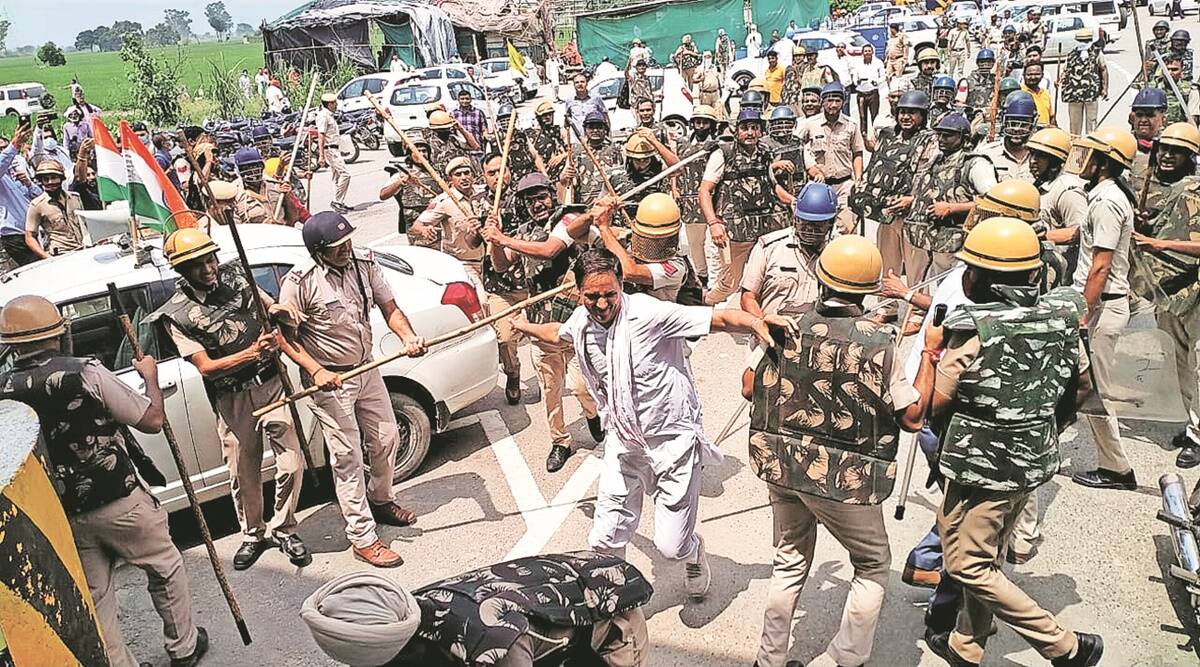
The news of the government’s defeat caused a great feast among the camp peasants around Delhi and supporters, according to Charu Kartikey, a correspondent for the German newspaper Die Welt: “You could hear rockets and music. People dancing, one to the other distributing candy…”. However, the leaders of the movement announced that they would not move around until Parliament definitively withdraws the laws.
They had little reason to be suspicious. The peasants have had to resume the struggle for a year, most of them far from the native countries of India, facing the tiredness of long mobilization, the weather greed and the barriers imposed by the authorities, the police barricades, pomegranates and water cannons. Anyone who, from the outset, appeared as a pacifist movement has suffered violence of all kinds. On the road to victory he has killed between 600-700, almost all peasants or their families.
Wikipedia explains in detail the deaths during the mobilizations. The first was Dhanna Singh, a 45-year-old peasant leader: He died on November 26, 2020, according to the media, when Haryana was negotiating with the state police on a roadblock to prevent the passage of the huelguistas.Desde then the deaths have increased daily, reaching 600 in the accounts of about 750 in the case of others by the end of November of this year.
WINNING WITH BLOOD AND TEARS
Among the victims have been the police officers directly killed, crushed by their cars as shots or grenades. During the hostilities, their tractors have exploded accidentally. Many others have died of starvation, cold or illness, heart attacks or pneumonia. And there have also been suicides.

peasants who have committed suicide.
Many of the suicides have been caused by despair, ruining or taking the poison at their disposal. Some have left the protest to the authorities in writing with the last cry before committing suicide.
On November 28, 2020, Kashmir Singh, among the camped with his son and grandson in the Delhi area, hanged himself in the bathroom. The police found the following paper in punjabe: “How long should we be here cold? This government does not want to hear. That’s why I offer my life to come up with a solution.”
A month later, on December 16, the priest Baba Ram Singh shot himself in the caravan heading to the capital by the state of Singhu. He left a 10-page letter stating that he could not withstand the pain of the peasants. The text was read in the commemorative funeral ceremony: “Only rifle bullets kill their cats. However, bullets of injustice kill a lot of people for every blow. It is humiliating to suffer injustice.”
Nevertheless, at the head of Oro, the Indian peasants have achieved a historic victory, according to People’s Archive of Rural India, journalist Palagummi Sainath, who has investigated many of his problems: “Although the mainstream media will never recognize it, this has been the greatest democratic and peaceful triumph the world has seen in recent years, certainly the largest of the Covid-19 pandemic. (...) They have achieved more than one victoria.Uno, and not the smallest, they have won the media controlled by the wealthy.”
In Sainath's analysis, the peasants know that this great victory is not the first step. As a result of the abolition of laws, big companies are not going to exploit honesty for the time being. But other problems remain to be solved, from the minimum prices for crop products, through public markets and much broader economic policy issues.
“The government of Modi,” says Sainath, persecutes, crushes and imprisons its rivals, and the mobilized peasants have given new breath to the other movements facing the authorities. The government is arresting citizens to their liking, including journalists, under the 2019 laws, oppressing independent media by charging for possible economic crimes. That is why this day has been more than a peasant victory, a victory in the struggle for the civil liberties of the Indians.”
One of the soundtracks of the biggest mobilization in 2021 has been "Wapas Jao", performed by punjabueño singer-songwriter Poojan Sahil adapting the classic "Bella Ciao" to India's peasant strike. Translating the words into Basque:
Wapas Jao (Here)
Leaving the shame behind / We have been singing:
“We’re not going to resign! / Alde, alde, alde hemen!” Every
leek on Earth, scream with us:
“We’re not going to resign! / Please flee here!”
Dark Black Nights / Wants Us
To Fend But Dawn Comes Breaking All Songs / Chains:
“Alde, go over here” / People are waking up from the dark
night / They are referring to the prayers to make it The
beginning of your last / All shouts the same:
“Please, here” Aloud,
we decided: / We give up
on “Please flee here”
Your lethal black laws / Our bet:
“We’re not going to resign! Please go over here!”
Leaving the shame behind / We have been singing:
“We’re not going to resign! / Alde, alde, alde hemen!” Every
leek on Earth, scream with us:
“We’re not going to resign! / Please flee here!”
Klima aldaketaren eraginez, munduko lurralde gero eta gehiago idortzen ari dira, milioika pertsonaren jarduera eta bizimoduak kolokan ezarririk. Fenomeno horren frontean dago India erdialdeko Maharashtra estatua, non klimaren berotzeari eta lehortzeari metatu zaizkien oihan... [+]
Euskal Herriko Laborantza Ganberak hogei urte bete ditu. 2005ean sorturik, bataila anitzetatik pasa da Ainiza-Monjoloseko erakundea. Epaiketak, sustengu kanpainak edota Lurramaren sortzea, gorabehera ainitz izan ditu hogei urtez.
Txotx denboraldian eredu ekologikoan ekoiztutako Euskal Sagardoaren eskaintza izango da hainbat sagardotegitan, eta hura bistaratzeko, Jatorri Deiturak eta ENEEK-Ekolurrak kupeletan paratzeko euskarria aurkeztu dute.
Lurraren alde borrokan dabilen orok begi onez hartu du Frantziako Legebiltzarrak laborantza lurren babesteko lege-proposamenaren alde bozkatu izana. Peio Dufau diputatu abertzaleak aurkezturiko testua da, eta politikoa eta sentimentala juntaturik, hemizikloan Arbonako okupazioa,... [+]
203 diputatu alde eta hiru aurka agertu dira martxoaren 11 gauean egin bozketan. Higiezinen agentziak haserre agertu dira, eta bi salaketa aurkeztu ditu FAIN Frantziako Higiezinen Federazio Nazionalak Europako Batzordean. Bata, lege-proposamenari esker botere gehiago jasoko... [+]
Laborantzaren Orientazio Legea pasa den astean ofizialki onartu du Frantziako Parlamentuak. Ostegunean Senatutik pasa da azken aldikoz. Iazko laborarien mobilizazioen ondotik, aldarrikapenei erantzuteko xedea du lege horrek. Aldiz, ingurumenaren aldeko elkarteek azkarki salatzen... [+]
Zubiak eraiki Xiberoa eta Boliviaren artean. Badu jadanik 16 urte Boliviaren aldeko elkartea sortu zela Xiberoan. Azken urteetan, La Paz hiriko El Alto auzoko eskola bat, emazteen etxe baten sortzea, dendarien dinamikak edota tokiko irrati bat sustengatu dituzte.










